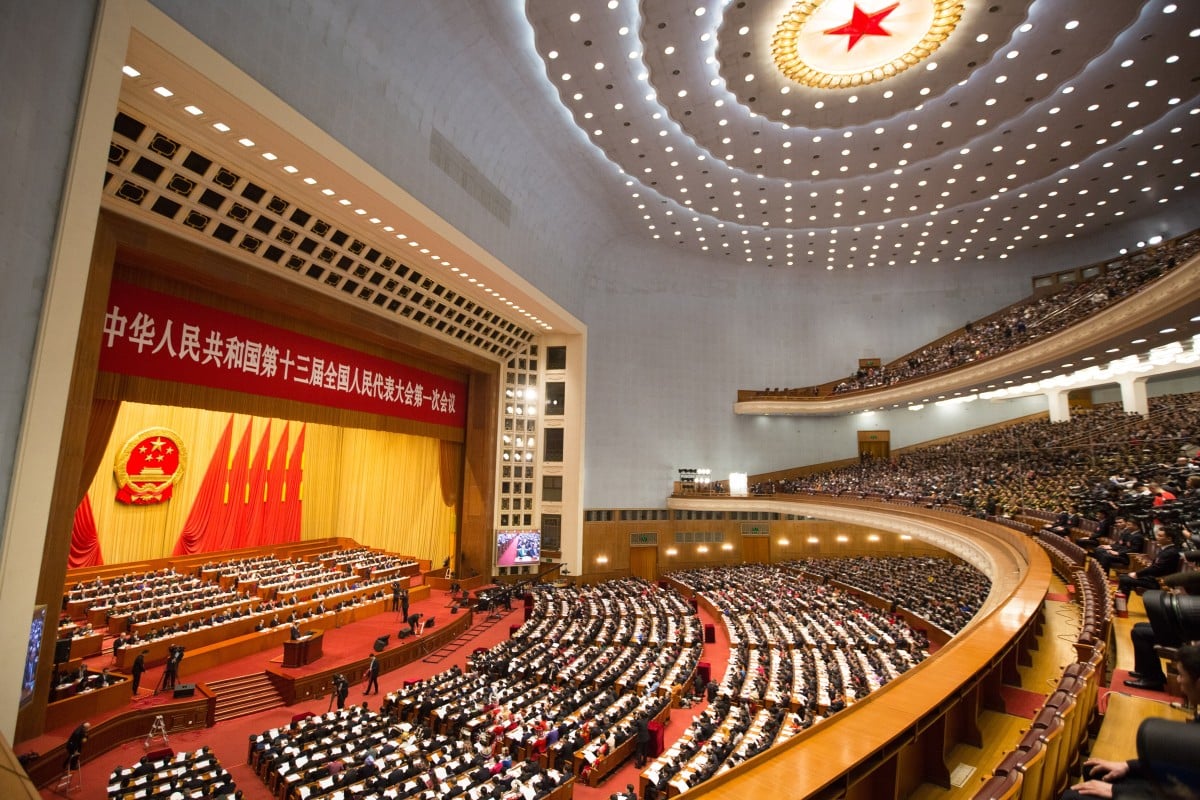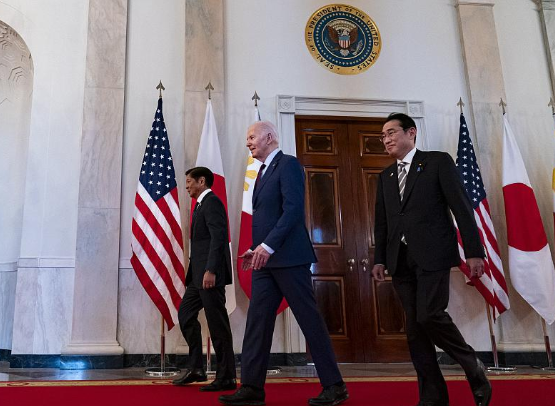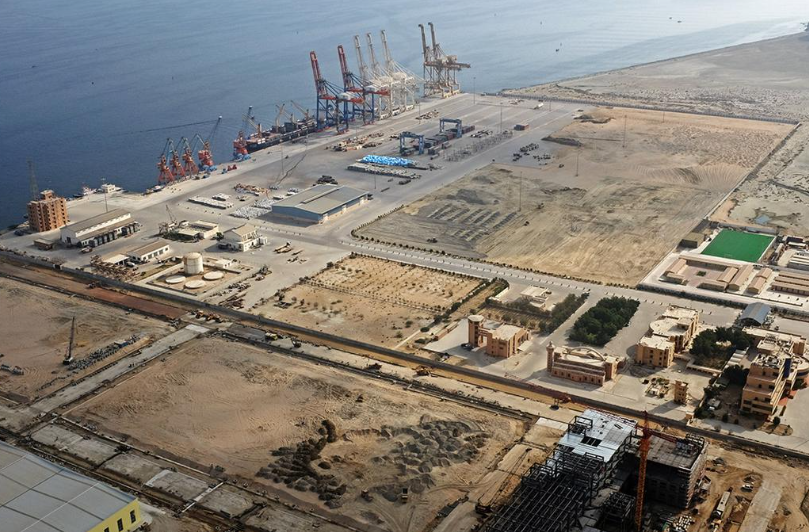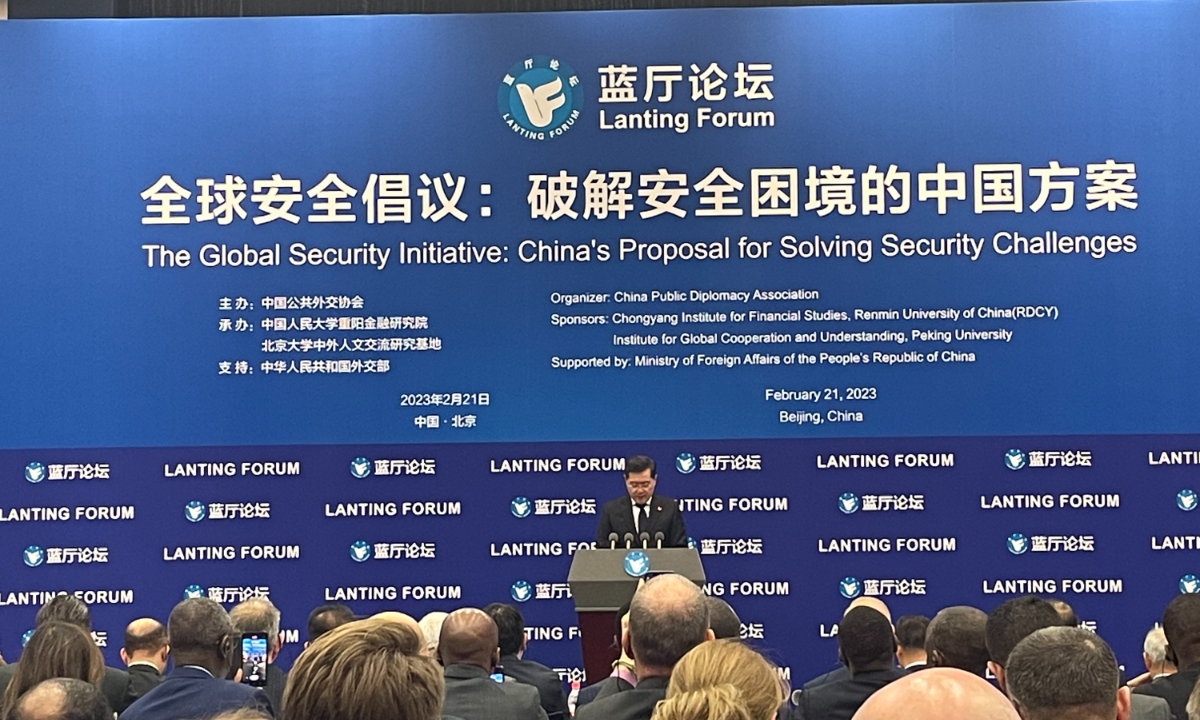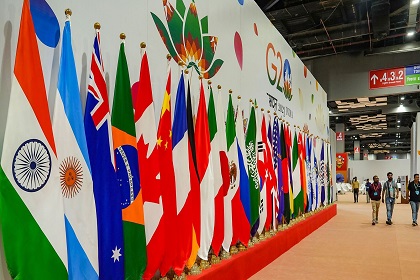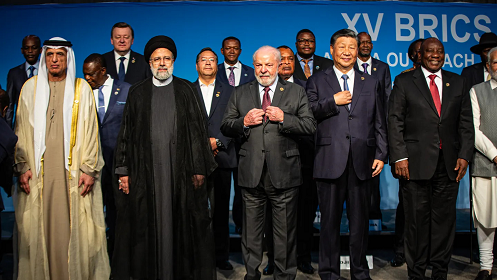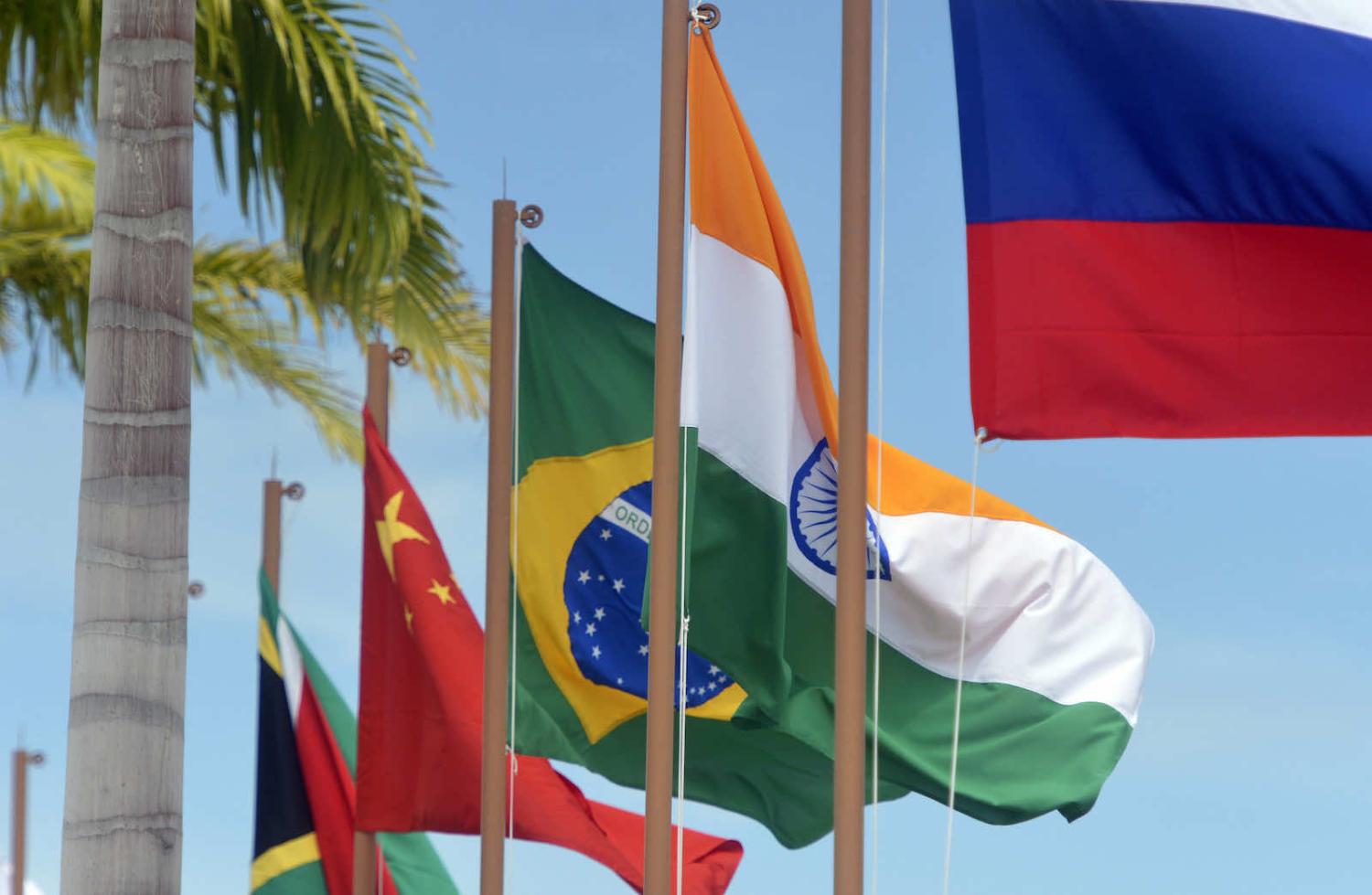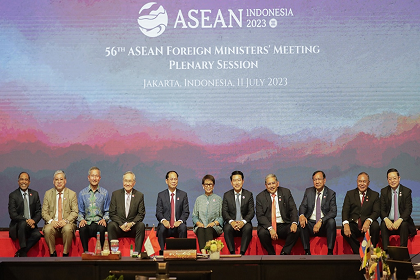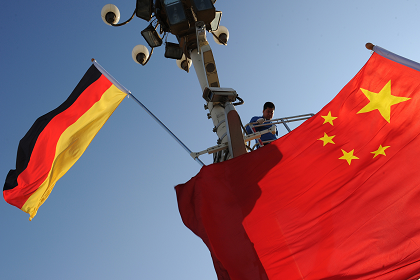Two Sessions of China 2024
The recently-concluded National People’s Congress or Two Sessions in Beijing didn’t surprise much. But a thorough analysis reveals departures from the past – not holding a press interaction after the meeting, and further consolidation of domestic power by the Communist Party of China. Of note to India is the delinking of China’s defence budget from the country’s rate of growth – meaning freedom to enhance its military’s capability.

